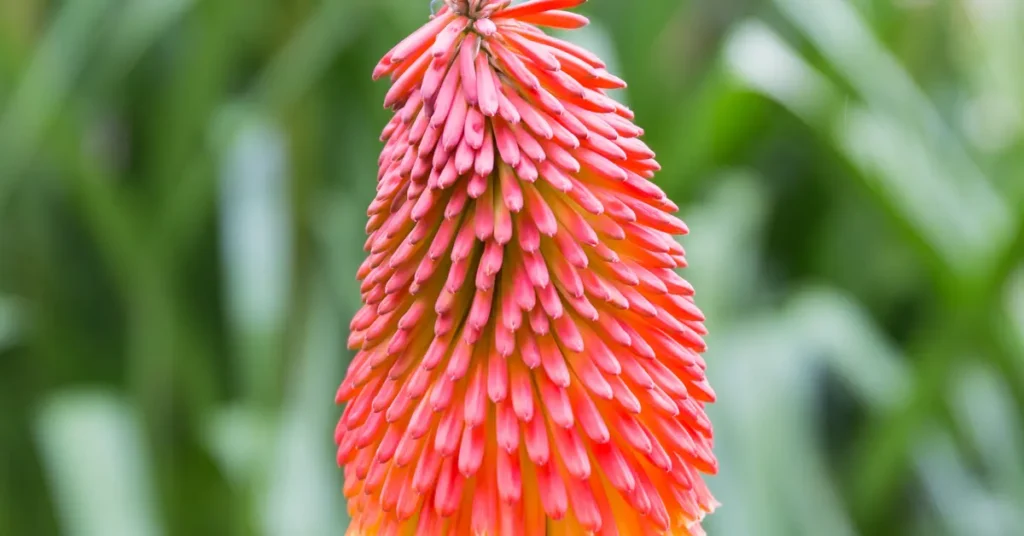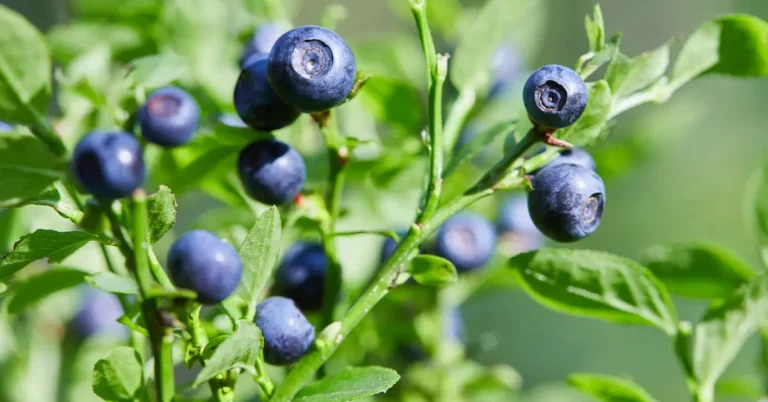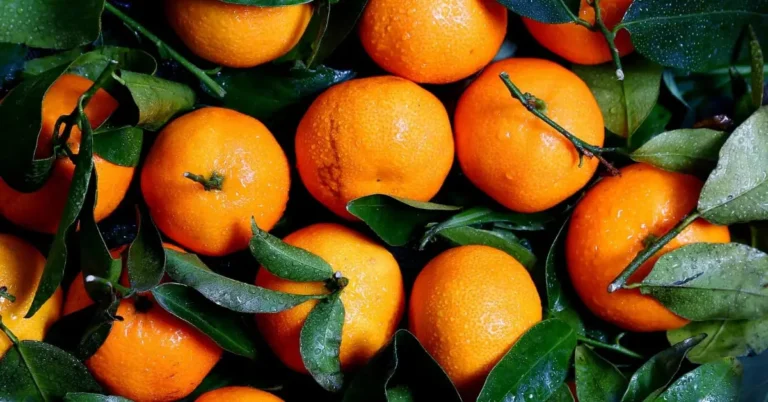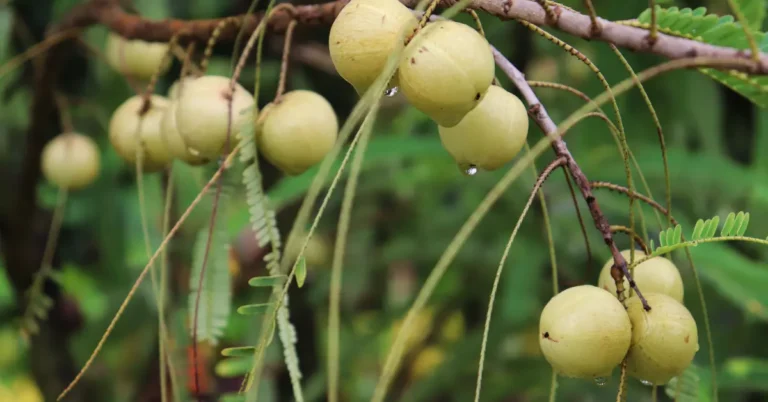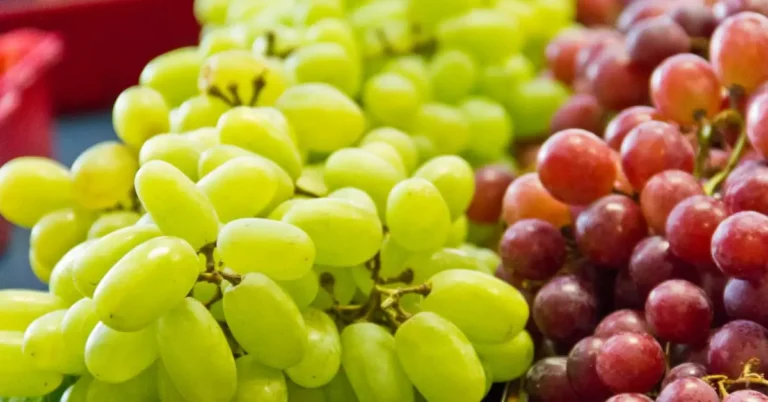Fruits That Start With U
When it comes to fruits, most people are familiar with the popular ones, like apples, bananas, and oranges. However, a whole world of fruits is out there that are not as commonly known or might even be considered exotic. This article will dive into the lesser-known yet equally delicious fruits that start with U.
From refreshing juices to mouth-watering desserts, these fruits offer a unique taste and a wide range of health benefits. So, let’s take a trip worldwide and explore the different fruits that start with U.
List of Fruits That Start With U
Unique fruits that start with U.
1. Ugli Fruit
Kicking off the list with a rather unusual name, the ugli fruit is a citrus fruit cross between a grapefruit, orange, and tangerine. It was first discovered in Jamaica and is now grown in Florida and California, making it readily available in most supermarkets.
The ugli fruit has a bumpy, yellow-orange skin and a sweet, juicy pulp that is either pink or yellow. It is rich in vitamin C, fiber, and antioxidants, making it a great addition to your diet. It is also known for its high water content and low-calorie count, making it an excellent choice for those watching their weight.
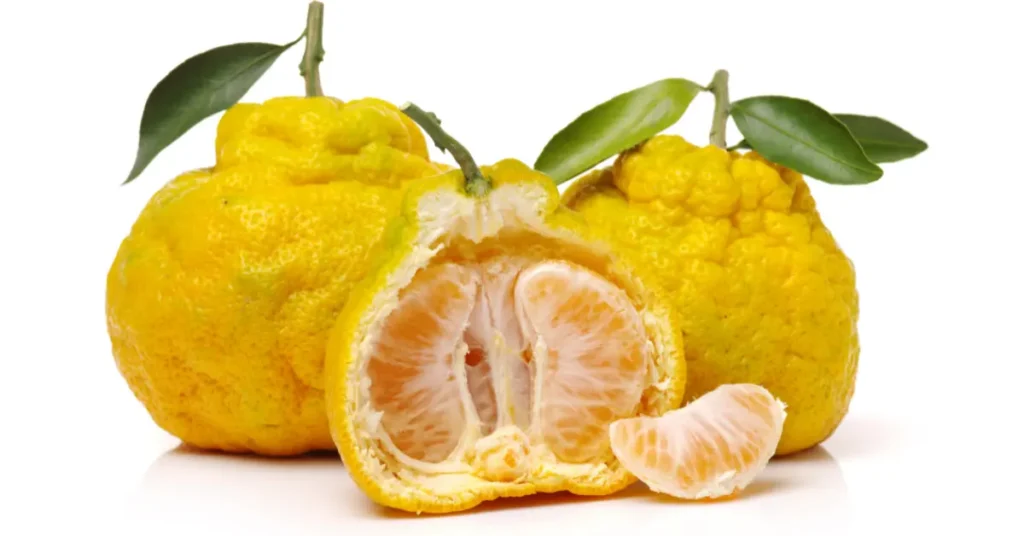
2. Ugni
The ugni fruit, also known as Chilean guava, is a small, berry-like fruit that is native to South America and is now commonly grown in New Zealand. It has a distinct sweet and tart flavor, making it a popular choice for jams, jellies, and sauces.
The ugni fruit is packed with vitamin C and antioxidants and has anti-inflammatory properties. It is also a good source of iron, making it an excellent choice for vegetarians and those with iron deficiency.
3. Ume
Ume, also known as Japanese apricot or plum, is a highly regarded fruit in Japanese culture. It has a tangy, sour taste and is commonly used in traditional Japanese cuisine, such as pickles, sauces, and liqueurs.
This fruit is not only delicious but also has several health benefits. It is rich in antioxidants, vitamin C, and potassium. It also contains ume acid, which has been found to have anti-inflammatory and anti-cancer properties.
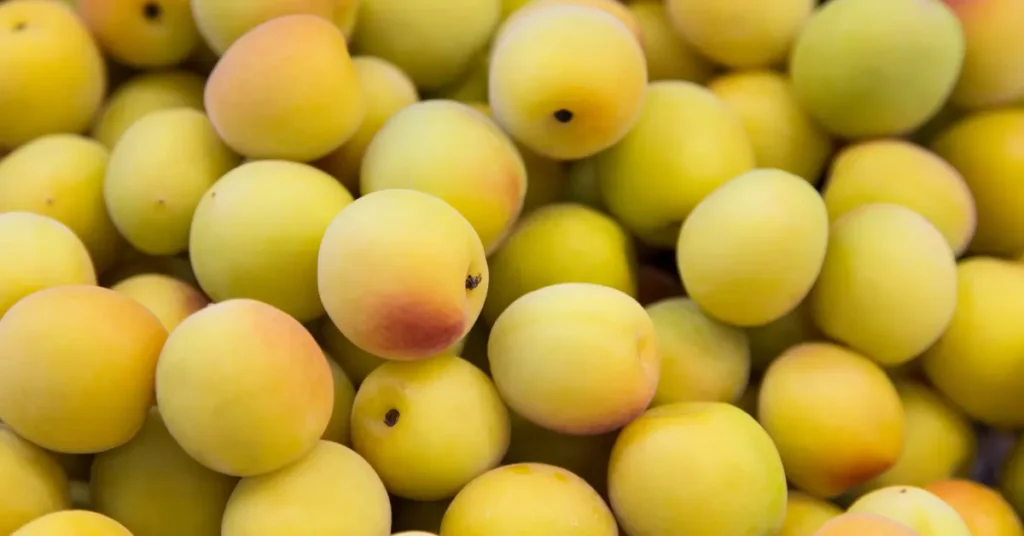
4. Umbu
The umbu fruit is popular in Brazil, especially in the northeastern region. It has a yellowish-green skin and a sweet and juicy white flesh inside. It is commonly eaten fresh or used in jams, jellies, and juices.
This fruit is high in vitamin C, iron, and antioxidants. It is also known to have anti-inflammatory properties and is used in traditional medicine to treat sore throats and respiratory problems.
5. Uvilla
The uvilla is a small, yellow fruit native to South America. Like a grape, it has a sweet and tangy taste and is commonly eaten fresh or used in desserts and beverages.
This fruit is rich in vitamin C antioxidants and has anti-inflammatory properties. It is also known to benefit heart health and blood circulation.
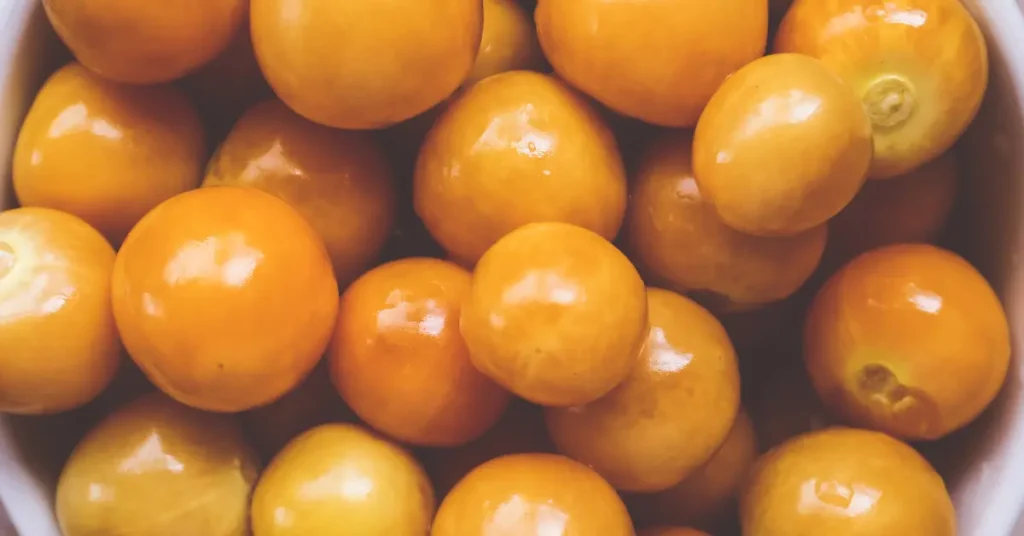
6. Ugni Blanc
Ugni Blanc, or Trebbiano, is a white grape variety widely grown in France. It is commonly used to make brandy and in white wine blends.
Besides being a key ingredient in alcoholic beverages, ugni blanc is also rich in antioxidants and has anti-inflammatory properties. It is also known to affect brain health positively and may help prevent age-related cognitive decline.

7. Umeboshi
Umeboshi is a pickled Japanese plum known for its distinctive salty, sour, and tangy taste. It is commonly used as a condiment in Japanese cuisine and is believed to aid digestion and boost the immune system.
In addition to being a probiotic food, umeboshi is also rich in vitamins and minerals, including potassium, magnesium, and iron. It is also believed to have antibacterial properties and may help reduce inflammation.
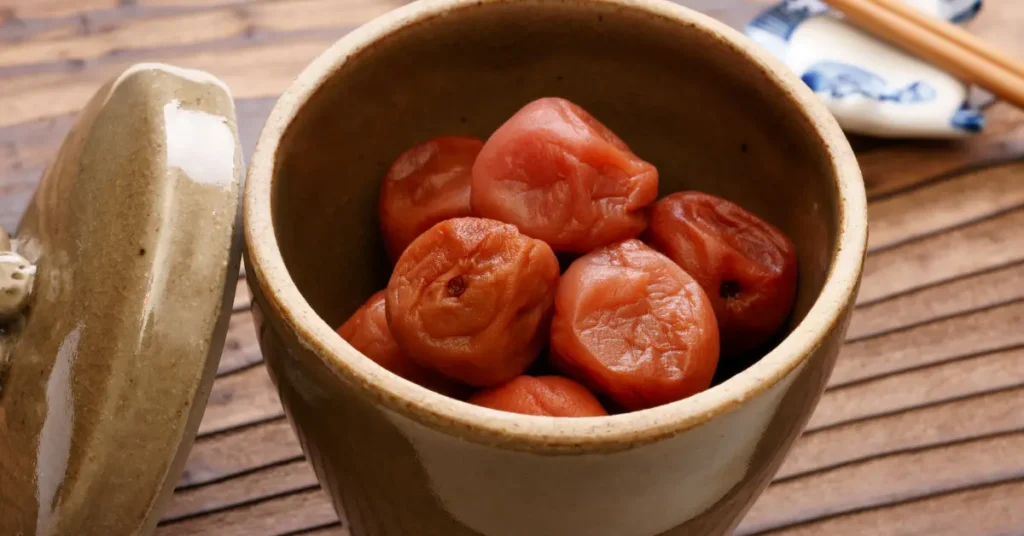
8. Upo
Upo, also known as bottle gourd or calabash, is a gourd-like fruit widely eaten in Asia and Africa. It has a light green, elongated shape, and soft, white flesh inside. It is commonly used in stews, soups, and stir-fries.
The upo fruit is low in calories, fat, and cholesterol, making it a good choice for weight management. It is also high in fiber and contains many vitamins and minerals, including vitamin C, potassium, and iron.
9. Uva
Uva, also known as grape, is a widely cultivated fruit and one of the world’s oldest-grown fruits. It comes in various colors, including green, red, and purple, and is commonly eaten fresh or used in juices and wine.
In addition to being a tasty snack, uva is packed with nutrients and antioxidants. It is known to have positive effects on heart health, may help improve brain function, and may even have anti-cancer properties.
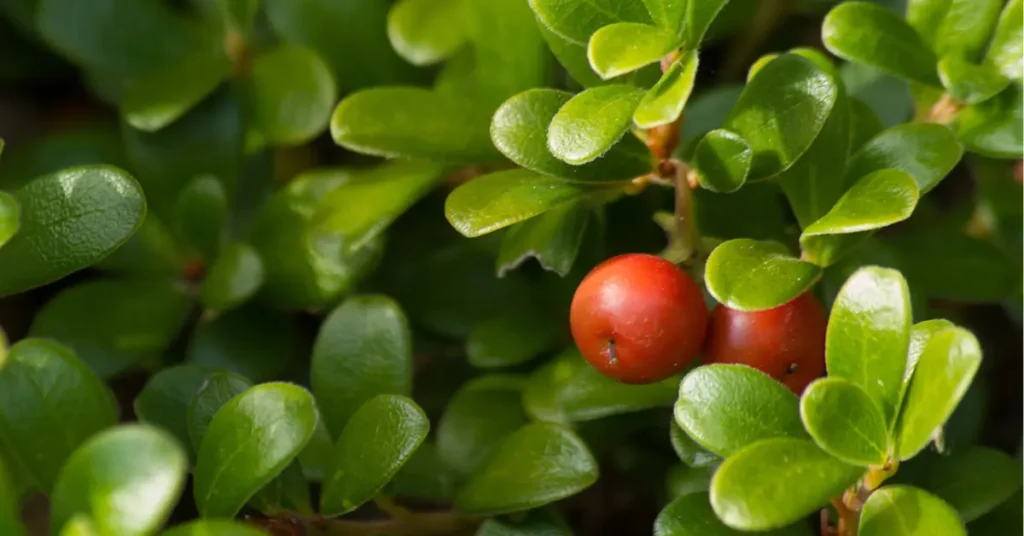
10. Uvaia
The uvaia fruit, also known as the Brazilian cherry, is a small, yellow fruit native to Brazil and is now also grown in Argentina and Paraguay. It has a slightly sour and tangy taste, and its pulp is commonly used in jams, jellies, and ice cream.
This fruit is an excellent source of vitamin C and antioxidants. It also has anti-inflammatory properties and may help improve digestion and boost the immune system.
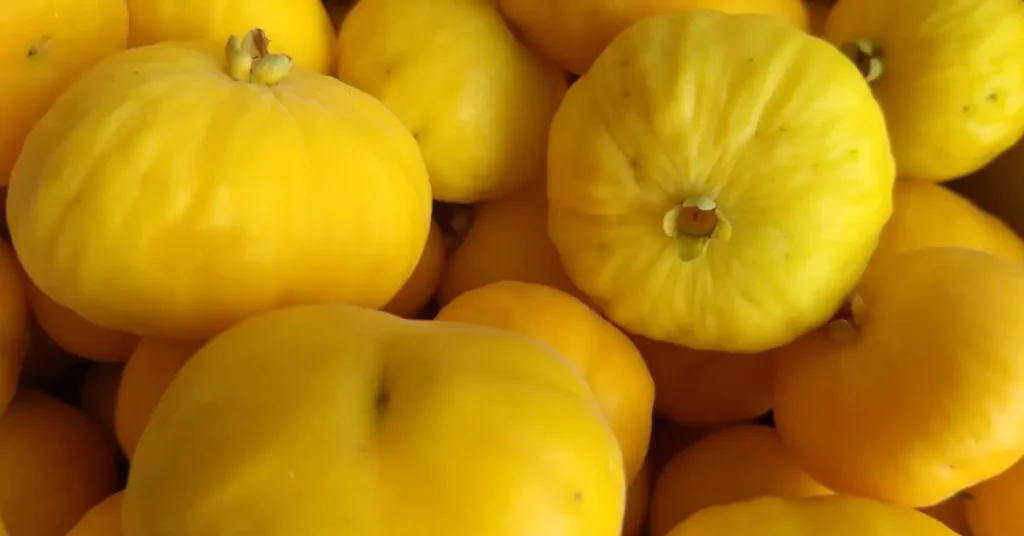
11. Ulmo
Ulmo, also known as Chilean honeysuckle, is a small, oval fruit native to Chile. It has a sweet and juicy pulp, and its syrup is commonly used as a natural sweetener.
This fruit is high in antioxidants and has been used in traditional medicine to ease symptoms of respiratory ailments and sore throats. Its syrup also has anti-inflammatory properties and may help with weight loss.
12. Unani
Unani, or Indian gooseberry or amla, is a fruit used in Indian Ayurvedic medicine for centuries. It has a tart and tangy taste and is commonly used in chutneys, pickles, and jams.
This fruit is rich in vitamin C and antioxidants that help boost the immune system and prevent aging. It is also known to have anti-inflammatory and anti-cancer properties, making it a highly beneficial addition to your diet.
13. Uvaria
Uvaria, also known as the African grape or mondia, is a fruit that is native to Africa and is now also commonly grown in Asia and Australia. It has a sweet and sour taste and is used in traditional medicine to treat various ailments, including diarrhea and fever.
In addition to its medicinal uses, uvaria is rich in antioxidants and has anti-inflammatory properties. It is also known to affect digestive health positively and may help improve blood circulation.
